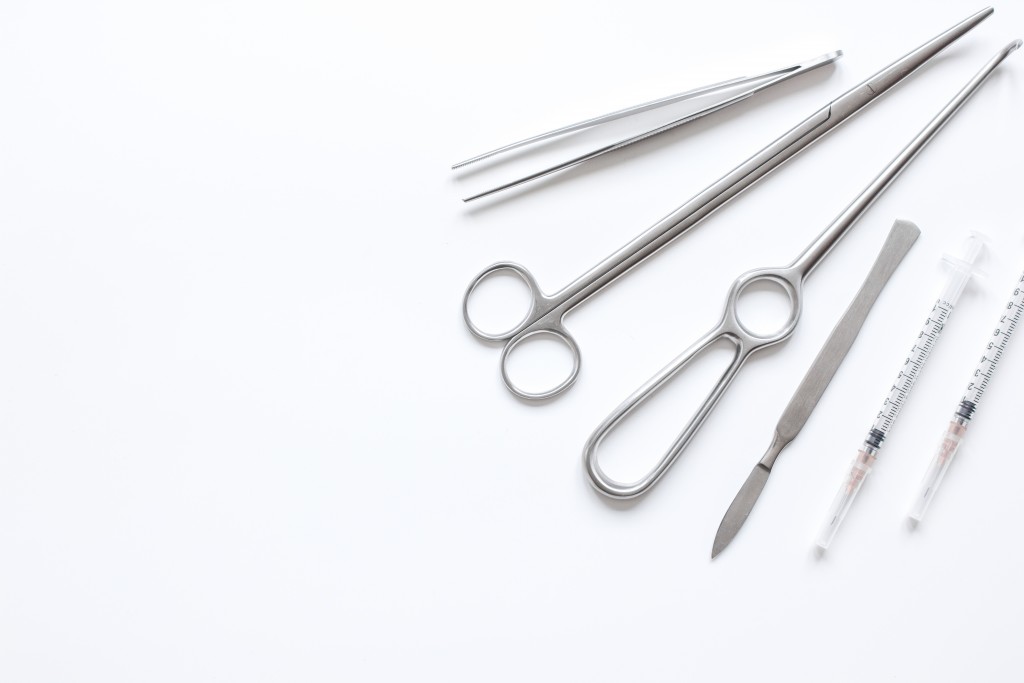Surgery is one of the many medical procedures not often undergone. However, some of us get to experience it at least once in our entire lifetimes. The same can be said even for those with outstanding health, given that surgery doesn’t only address illnesses but physical injuries as well.
The range that this procedure offers manifests itself in the numerous surgical specialties available in the medical field. Each specialty has its own set of professionals who have taken the time to study the intricacies of the surgical sub-field. Two examples of these specialties are:
• Otolaryngology Surgery
Otherwise known as ENT or Ears (Otology), Nose (Rhinology), and Throat surgery, otolaryngology addresses any medical issues that impede upon the wellness of our head and neck areas. The specialists who conduct this procedure are often referred to as otolaryngologists or head-and-neck surgeons. Depending on the professional, they can also perform the surgery on younger patients. It is known as Pediatric Otolaryngology.
A few of the conditions that this surgical specialty helps remedy are adenoid problems, nose tumors, and cholesteatoma. Some otolaryngologists are also capable of conducting non-medical procedures like rhinoplasty, otoplasty, and blepharoplasty. All of these are considered plastic surgery procedures.
In most American cities, otolaryngological surgeries are conducted on an out-patient basis. Patients don’t need to be confined for their procedure and can leave the same day, only to come back when it’s time for a checkup.
• Oral and Maxillofacial Surgery
Another surgical procedure that is done on an out-patient basis is the oral and maxillofacial surgery. In Richmond, Indiana and other American cities, patients are advised to come in with brushed and flossed teeth before the surgery. Dentists who perform this type of procedure are known to address both medical and cosmetic dental issues.
Conditions that are treated by oral and maxillofacial surgery include, but are not limited to, impacted wisdom teeth, cleft lip and palate, and jaw-joint issues. Implants are also done through oral surgery.
These surgical specialties, along with the many others, are unique in their own rights. However, they share commonalities in that specialists are expected to perform safe surgery on every patient to increase the chances of success.
• Implementing Safe Surgery

The World Health Organization has been campaigning for safer surgeries to lower the rate in which they do more harm than good. Their efforts aren’t for naught, considering even surgeons in the poorest of countries are taking the time to focus on pre- and mid-surgery security.
For pre-surgery preparations, surgeons are expected to give their patients a set of instructions before the procedure. A typical example is to take antibiotics to lower the number of bacteria on the site before the surgery. Another would be to gather their team, the professionals expected to help during the operation. These include assistants and anesthesiologists. Also, ensure that every equipment needed is complete and sterilized.
In some surgeries, the surgeon or someone who’s a part of their team will influence a time-out. That is when they check the patient, confirm their identity, and inspect the area to be operated again.
Surgeons and their colleagues are expected to take note and follow these precautions since lives are often at stake during their procedures. Not only does abiding make for a problem-free session, but it helps ensure steady recovery for the patients as well.
